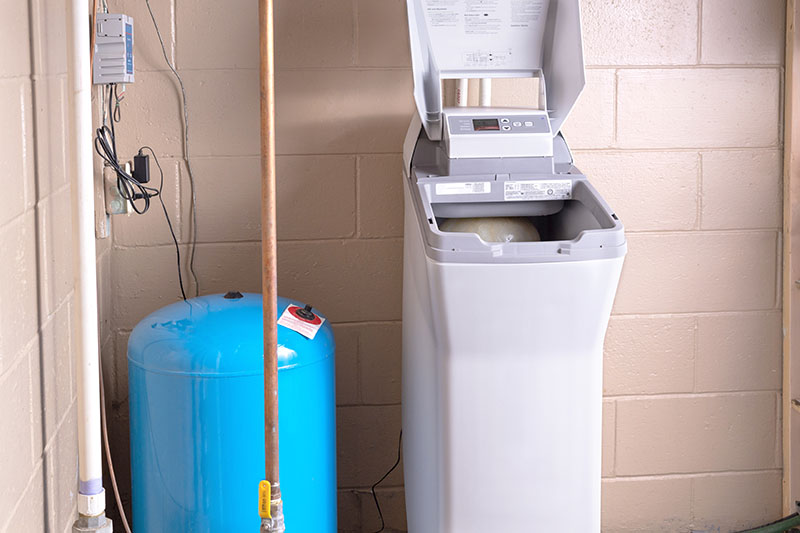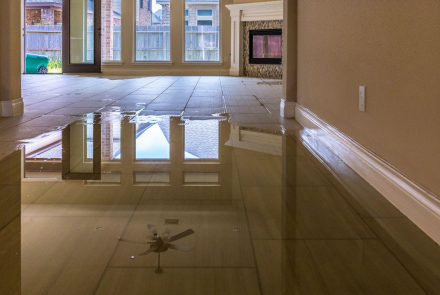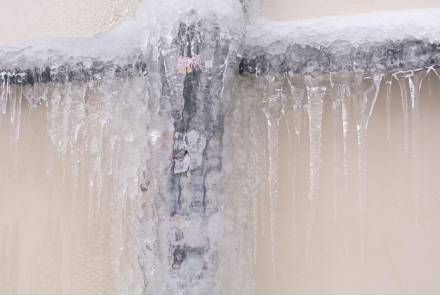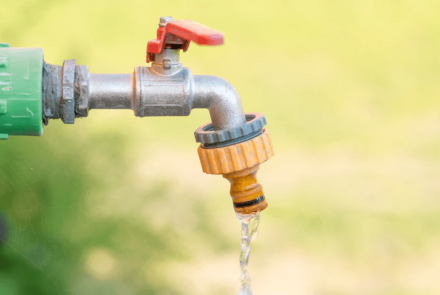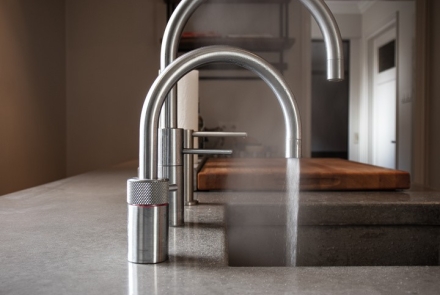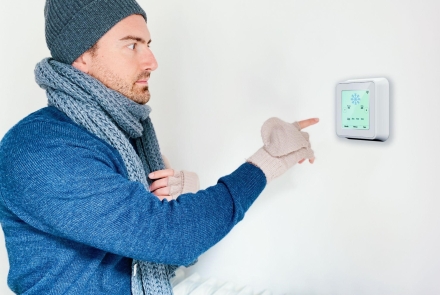Water softeners are systems that remove minerals from hard water. Hard water is defined as water that has excess minerals, usually calcium and magnesium. When those are removed, the water becomes "soft." A water softener is essential for any home that might have hard water. Hard water harms pipes, clothing, and even skin and hair.
The Benefits of Water Softeners
Homes benefit from water softeners in equal measure to how hard water hurts them. If you have hard water, a water softener will improve the quality of your baths and showers. Your pipes and hardware that use water will last longer. And you'll even find that your soap is more effective when doing laundry.
Understanding Water Softener Drainage
While water softeners are a massive benefit for your home, there are some points to keep in mind. In particular, you need to ensure proper water softener drainage. A water softener functions by refreshing the quality of your home's water. To continue doing so, it needs to go through a continual process of regeneration, which functions through drainage.
Drainage is generally a simple process, but issues do come up occasionally. For example, water can pool due to blockages. If drainage has slowed, you can inspect the drain line for blockage. Blockages can also build up as a byproduct of regular use. For example, salt mushing creates a layer of sludge due to high humidity.
Installation Guide for Water Softeners
Installing a water softener is moderately complex. However, it can be done as a DIY project. The process begins by installing bypass valves and attaching the water softener. Next, you'll install a drain line and attach the brine tank. After thoroughly preparing the brine, you'll be ready for the first test.
You can also hire a professional installer. This process has a few steps. Most importantly, confirm that they're licensed and insured and can offer a general timeline. You should also ensure they provide maintenance services, which allows for additional plumbing installation.
Environmental Impact of Water Softeners
There are some environmental concerns to consider, particularly water use and waste. The regeneration cycle consumes additional water and increases sodium in wastewater. This can cause issues if directly returned to the environment. The systems also use extra electricity.
One method of making the process more environmentally friendly is to use smart regeneration systems, also known as timed water softeners, which use water more efficiently. Reverse osmosis systems are another green option, as they don't use salt or chemicals.
Maintenance and Longevity of Water Softeners
A water softener can last for up to two decades. However, that's only with proper maintenance. It's essential to have it checked every few years. You'll also want to ensure you check salt levels about once per month. Additionally, look out for issues with your water that can signal problems. You should be especially alert for returning symptoms of hard water.
Final Thoughts
If your home has hard water, a water softener is necessary. Water quality impacts hardware, clothing, and even skin. While parts can be done as a DIY project, consulting a professional for help is always best. Contact Robert Bair for more information.

